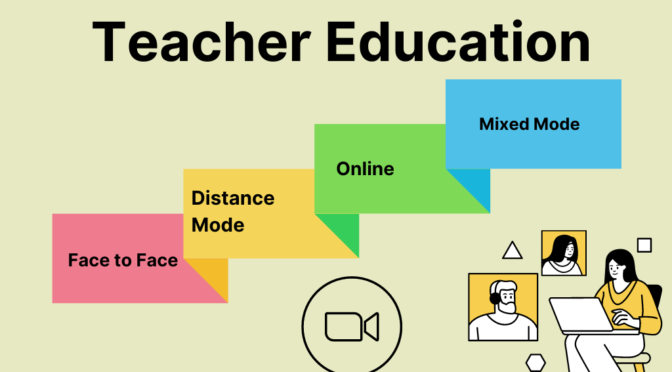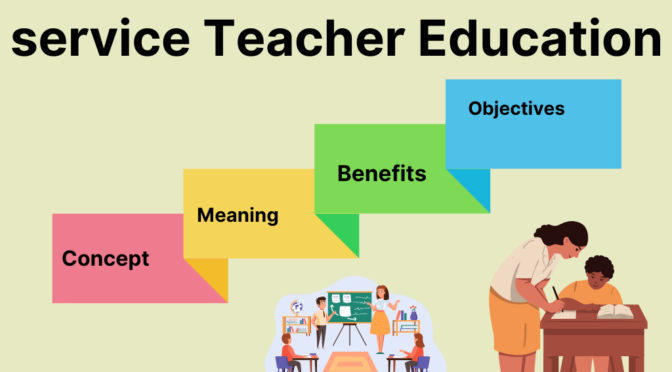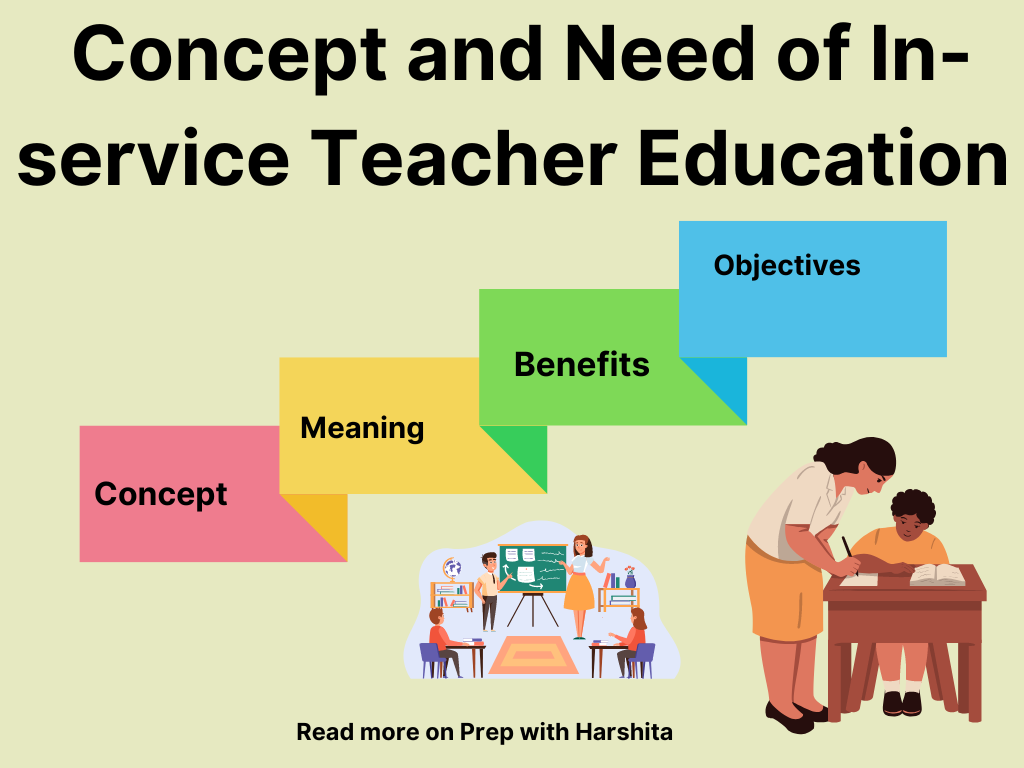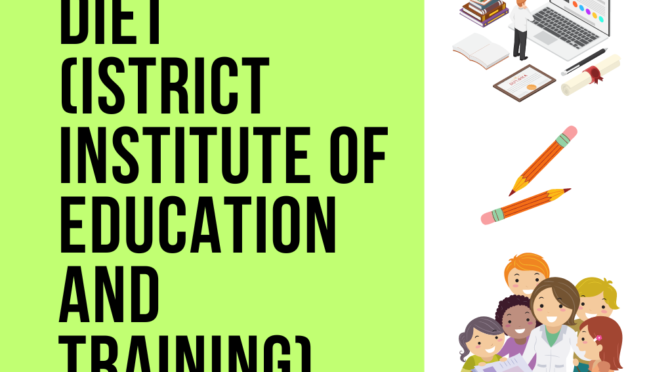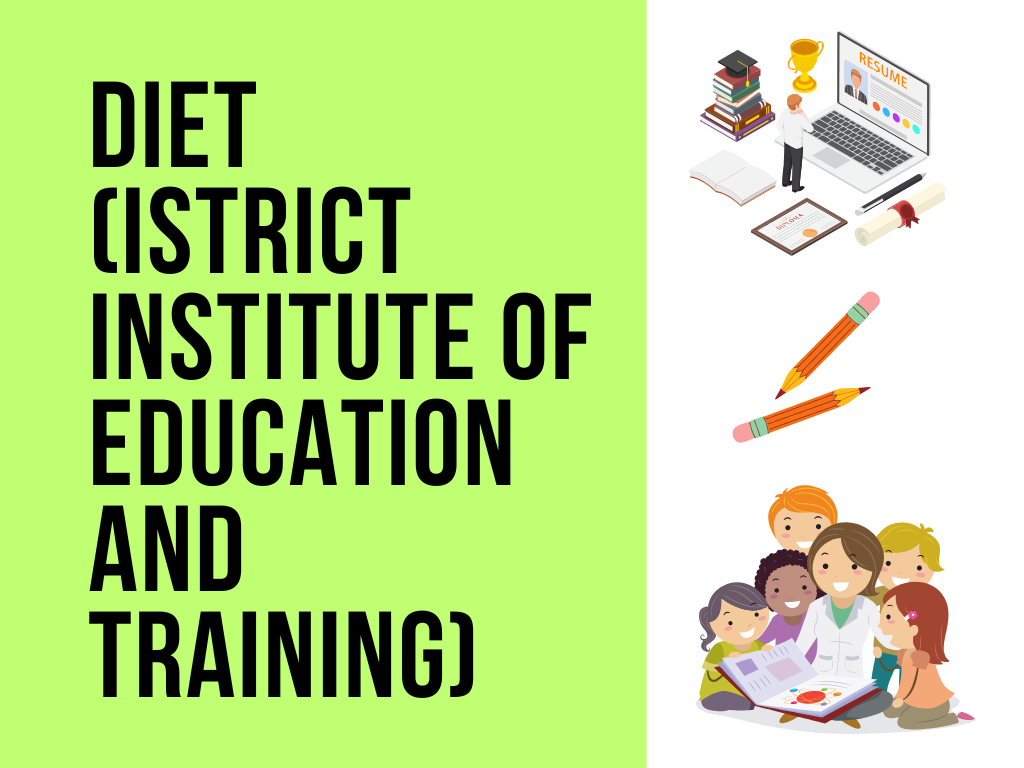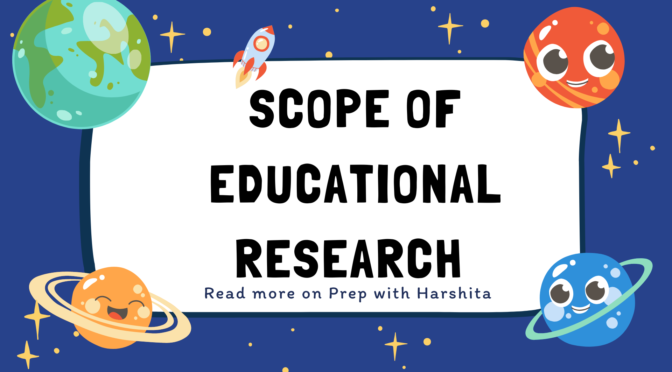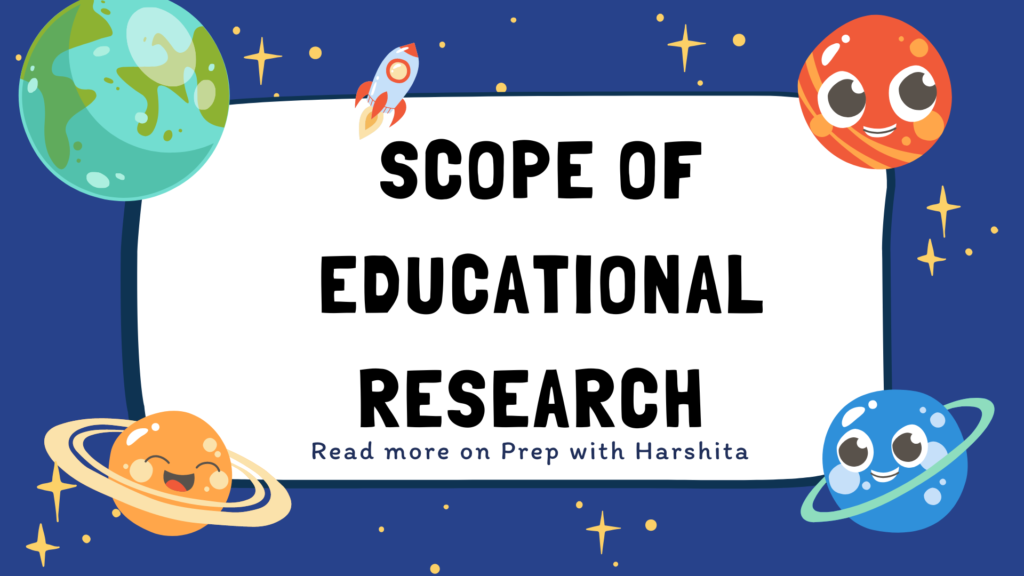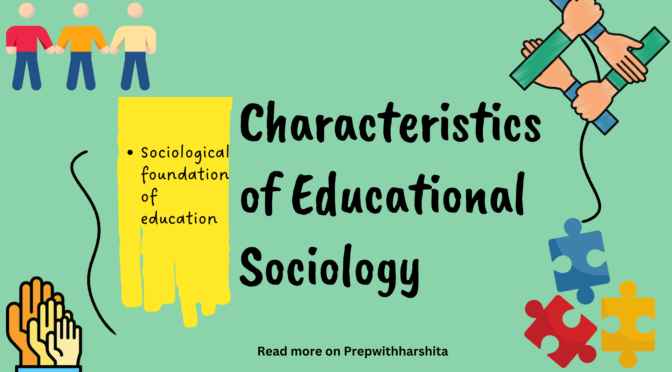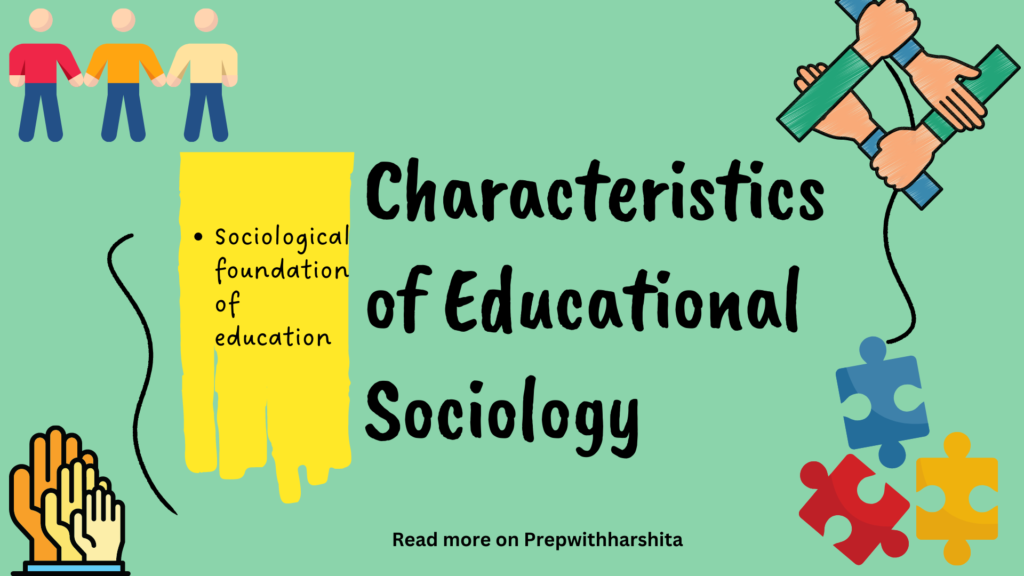Modes of in-service teacher education refer to the different delivery methods and formats through which professional development and training opportunities are provided to teachers.
Here are some common modes of in-service teacher education:
- Face-to-Face Mode: The face-to-face mode of in-service teacher education refers to traditional, in-person training and professional development sessions. These sessions are conducted in physical locations, such as schools, training centers, or conference venues. Teachers attend workshops, seminars, conferences, or training sessions where they interact directly with facilitators, experts, and other participants. Face-to-face mode provides opportunities for immediate feedback, networking, collaboration, and hands-on learning activities. It allows for personal interaction, question-and-answer sessions, and real-time discussions, fostering a sense of community and engagement among participants.
- Distance Mode: The distance mode of in-service teacher education involves providing professional development opportunities to teachers who are physically separated from the training provider. In this mode, educational materials, resources, and instructional support are delivered to teachers through various means of communication, such as mail, telephone, or broadcasting. Distance mode can include sending printed materials, recorded lectures, or educational videos to teachers, who can access and study the content at their convenience. Distance mode allows for flexibility in learning, accommodating teachers who may not be able to attend face-to-face sessions due to geographic or scheduling constraints.
- Online Mode: Online mode of in-service teacher education utilizes internet-based platforms and tools to deliver professional development opportunities to teachers. This mode involves accessing training materials, courses, webinars, interactive modules, or virtual classrooms through online platforms. Teachers can participate in self-paced learning, collaborate in virtual communities, engage in discussions, complete assignments, and access resources from anywhere at any time. Online mode offers flexibility, allowing teachers to balance their professional development with their existing responsibilities. It also facilitates interaction with educators and experts from around the world through online forums, chats, and video conferencing.
- Mixed Mode (Blended Learning): Mixed mode, also known as blended learning, combines elements of face-to-face and online modes of in-service teacher education. In this mode, teachers participate in a combination of in-person sessions and online activities. For example, a workshop or seminar may include both on-site sessions where teachers gather for presentations, group discussions, and hands-on activities, as well as follow-up online components where teachers engage in further discussions, complete assignments, or access supplementary resources. Mixed mode offers the benefits of face-to-face interaction, immediate feedback, and networking, while also providing the flexibility and accessibility of online learning.
Each mode of in-service teacher education has its own advantages and considerations, and the choice of mode depends on various factors such as the goals of the professional development program, the availability of resources and technology, the needs and preferences of the teachers, and the constraints of time and location. Many training programs today adopt a mixed mode approach, combining face-to-face sessions with online components to provide a well-rounded and flexible learning experience for teachers.
Also Read : DIET
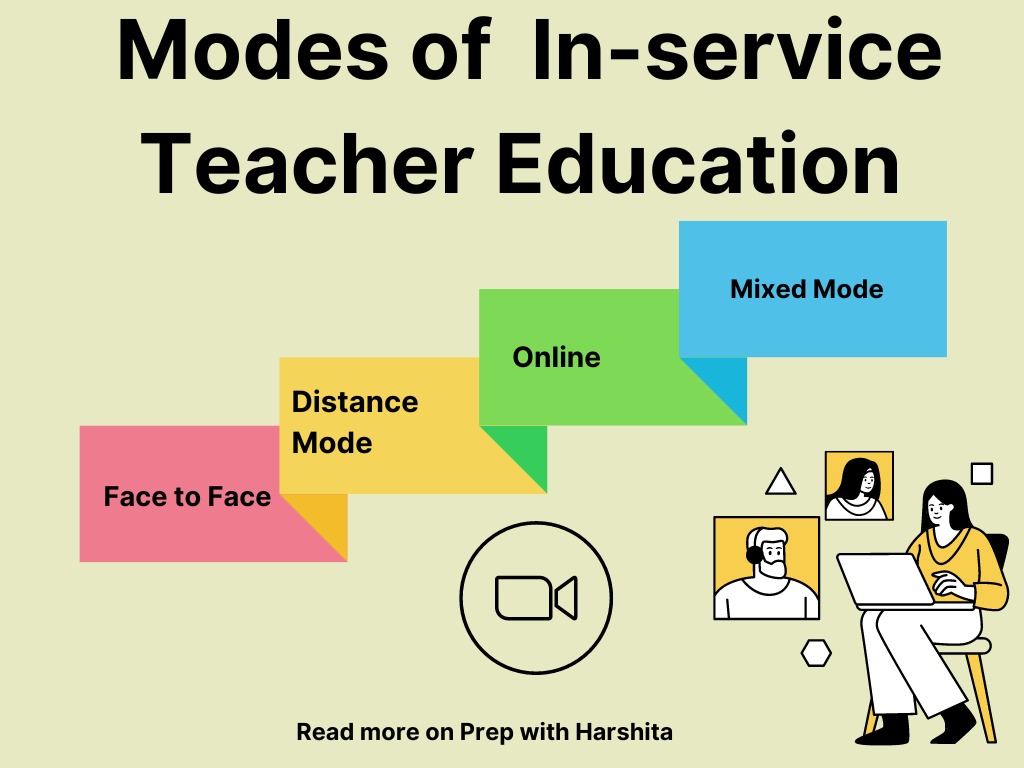
Also Visit: Prep with Harshita

